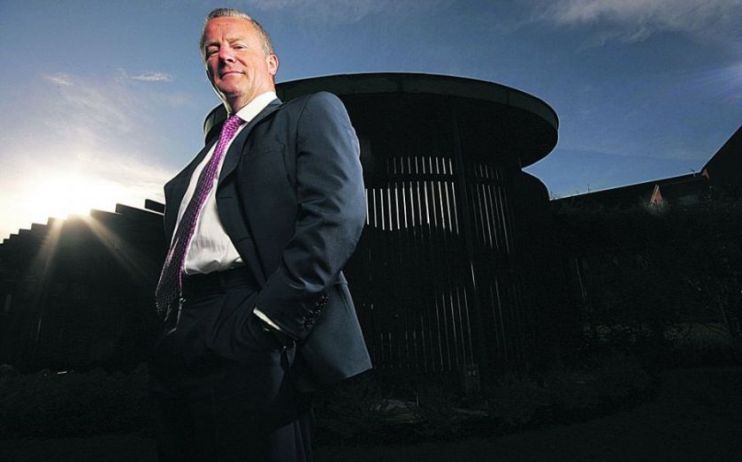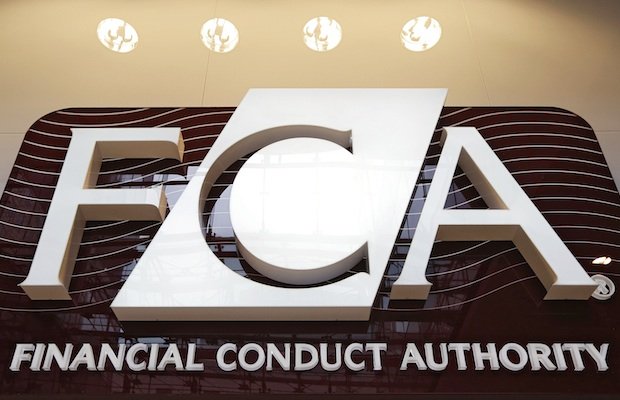The biotech bosses welcoming Neil Woodford back, even if FCA and savers stay wary

Neil Woodford is far from universally popular, and those fans he has are for the minute rare to put their head above the parapet. But Angharad Carrick found some, leading a number of Britain’s fastest-growing biotech firms.
The return of Neil Woodford has, understandably, annoyed plenty.
Chief amongst them are the savers he left out of pocket after the 2019 collapse of his former fund.
The disgraced former stockpicker has apologised for the collapse of his former investment fund, which judging from some investor comments has done little to salve the wound.
And the FCA, in the middle of a probe into the collapse, has already issued a stern warning announcing it will perform what amount to character assessments as part of the decision whether to grant the controversial City figure’s new venture – a Jersey-based fund focussed on biotech assets.
But though Woodford’s past failings have been well publicised, he does still have some fans.
The most ardent? The biotech companies he invested in as part of that collapsed fund – and who credit him with helping them grow into industry-leading firms.
‘Invaluable’ support
Duncan Peyton, chief executive of 4D Pharma, which Woodford invested in through his equity income fund, thinks the criticism is unjustified: “Woodford took a lot of the flack which I’m not quite sure is right.”
On his comeback tour Woodford wants to vindicate his investment strategy, but will it work?
Woodford’s interview with the Sunday Telegraph suggested his new venture will go some way in restoring his image in the fund world.
It may take some time before savers who lost millions from his equity income fund forgive him, but he is widely recognised for his efforts in the biotech industry.
“It’s certainly the case that key UK life science companies that Neil Woodford identified and invested in early have grown and prospered,” Steve Bates, the chief executive of the Bioindustry Association said.
“Companies like Kymab and Immunocore have delivered returns for investors and pioneered new therapeutics. Oxford Nanopore’s technology is at the heart of the challenge of ensuring a full understanding of Covid variants.”
“It was Neil and his capital… who allowed us to push into the space aggressively,” 4D chief Duncan Peyton told City A.M. “It was invaluable in the early days having that sort of flag bearer who really believed in what we wanted to do and subsequently have done.”
Undoubtedly Woodford’s commitment to the industry helped foster a generation of British biotech companies.
4D Pharma is well on the way to a Nasdaq listing after clawing back some of its value following the fund’s sale by its administrator, Link, , but more often than not these companies do not become overnight success stories.
The UK has one of the strongest biotech sectors in the world, second only to the US.

“For that to continue to be successful it does need a broad and a strong investor base that people are confident in,” Kymab chief executive Simon Sturge told City A.M.
Looking elsehwere?
So is there is a risk that the UK will lose out on an exciting cohort of biotech companies, as they look across the Atlantic to its wider investor pool?
“US investors will benefit from companies which I feel are undervalued in the UK and value will ultimately be recognised in the US,” Peyton said. “It’s a shame for the UK market and if you think about it, this is what Neil was trying to do.”
The “Oracle of Oxford” undoubtedly has a strong track record but biotech investment is risky.
By targeting these assets, Woodford’s new fund will go after higher risk and possibly illiquid investments – which got his fund at least in part in trouble last time – but this time aimed at professional investors.
It’s a smart move given the fallout from his equity income fund’s collapse amongst retail savers, but institutional investors are still not guaranteed any returns.
Similarly, biotech investment is a waiting game given drugs can take between 10 and 15 years to go from conception to marketplace.
“The vast majority of biotech companies are capital intensive and that takes a long time… and the probabilities of that drug being successful are single digit in percentage,” Sturge said. “There is a high risk element to it. It’s not just patience, but the knowledge that many of the investments will not be successful.”
Woodford’s big passion in the past has been “patient capital.” Biotech is the perfect example of where it’s needed, though well-seasoned life sciences investors will be all too aware of the risks involved.
Where the problem lies is an increased interest in the sector as a result of the pandemic which could see investors pile in without understanding the full risks.
If Woodford doesn’t want this venture to end in tears, he needs to be very careful that investors know what they’re getting themselves into.